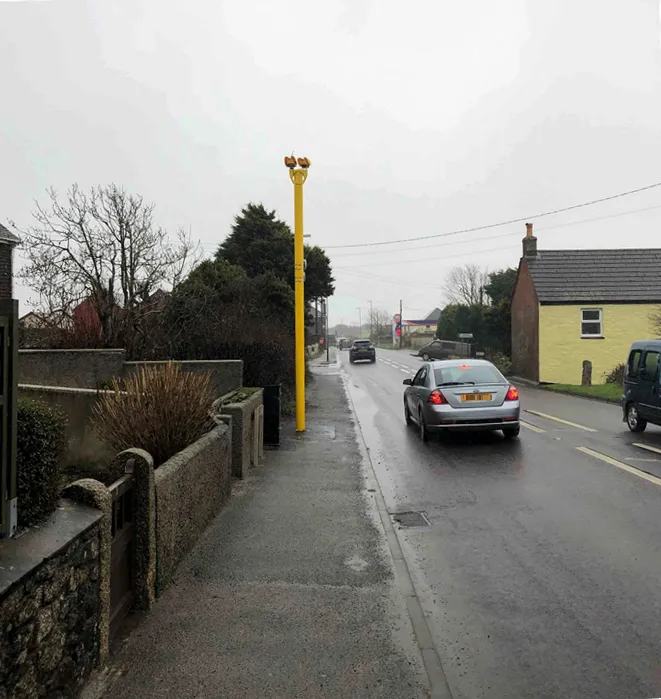Derbyshire County Council is to upgrade speed cameras across the county to accommodate digital technology, at a cost of US$1.6 million.
The council’s seventy speed cameras currently use wet film technology. It is believed that only twelve of these actually have film in them and that they are changed on a rolling basis. The new digital network will see all seventy sites being brought into operation at once.
September 23, 2013
Read time: 2 mins
Derbyshire County Council is to upgrade speed cameras across the county to accommodate digital technology, at a cost of US$1.6 million.
The council’s seventy speed cameras currently use wet film technology. It is believed that only twelve of these actually have film in them and that they are changed on a rolling basis. The new digital network will see all seventy sites being brought into operation at once.
A spokesman for Derbyshire road safety partnership said: “We keep a close eye on the areas where people are getting killed or hurt and we move those cameras to the sites where they are needed most at any particular time.
“We’ve decided to make the switch because we hope it will allow us to make savings in the long term. “As more areas make the switch, it’s going to get harder and more expensive to get replacement parts and servicing for those with film-based systems.”
The spokesman added: “The digital system means that staff who view the photo evidence to decide whether or not a penalty notice should be issued will be able to download images from a camera while still in their office instead of travelling to the site to collect film for processing as they do currently.”
Speed cameras have been in operation across Derbyshire since 1994. Since then the number of people killed or seriously injured has fallen by 40 per cent on routes where cameras are in use.
The council’s seventy speed cameras currently use wet film technology. It is believed that only twelve of these actually have film in them and that they are changed on a rolling basis. The new digital network will see all seventy sites being brought into operation at once.
A spokesman for Derbyshire road safety partnership said: “We keep a close eye on the areas where people are getting killed or hurt and we move those cameras to the sites where they are needed most at any particular time.
“We’ve decided to make the switch because we hope it will allow us to make savings in the long term. “As more areas make the switch, it’s going to get harder and more expensive to get replacement parts and servicing for those with film-based systems.”
The spokesman added: “The digital system means that staff who view the photo evidence to decide whether or not a penalty notice should be issued will be able to download images from a camera while still in their office instead of travelling to the site to collect film for processing as they do currently.”
Speed cameras have been in operation across Derbyshire since 1994. Since then the number of people killed or seriously injured has fallen by 40 per cent on routes where cameras are in use.










